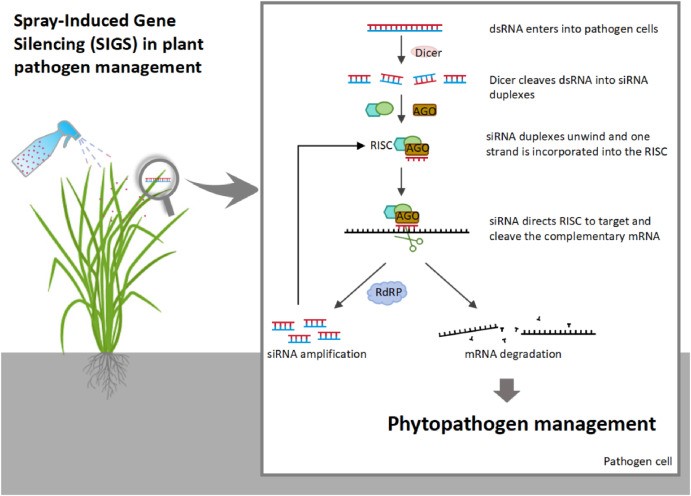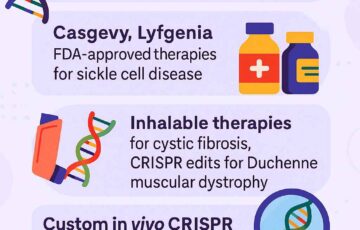RNA-based Spray Shields Crops Against Viral Threats
RNA-based Spray Shields Crops Against Viral Threats
Why in the News ?
Scientists at Martin Luther University, Germany, have developed an RNA-based antiviral that offers strong protection against the cucumber mosaic virus (CMV), a major agricultural threat. This breakthrough could significantly reduce crop losses and enhance food security globally.
Challenge of Plant Viruses:
- Plant viruses like CMV cause major agricultural losses globally, destroying 40% of crops annually.
- CMV alone infects over 1,200 plant species and leads to 25–30% yield loss in Indian bananas and up to 70% in cucurbits.
- Traditional pesticides are ineffective against viruses, necessitating new methods like RNA-based technology.
Innovative RNA-based Approach
- Researchers used RNA silencing, a natural plant defence, and enhanced it with engineered dsRNA enriched with effective siRNA.
- Instead of random dsRNA, selected siRNAs were used to create “effective dsRNA” targeting viral genetic material precisely.
- In lab tests, treated plants showed up to 80% lower viral loads and in some cases, complete protection.
Future Prospects and Challenges
- Plans are underway to develop spray-based solutions and conduct field trials.
- The method is also promising against other viruses like tomato yellow leaf curl virus and potato virus Y.
- Major hurdles include RNA stability outdoors, cost-effectiveness, and regulatory approvals, requiring further innovation.





